CYHSB WEEKLY
 Cooper Yeshiva High School for Boys
Cooper Yeshiva High School for Boys
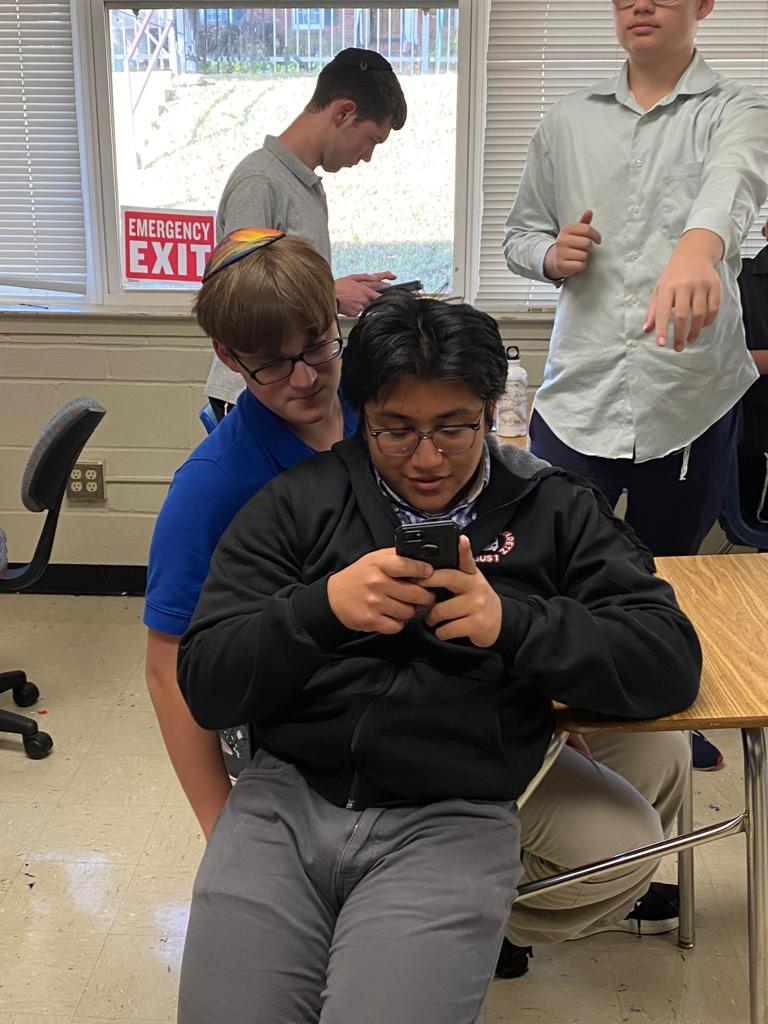
Helpful or Harmful?
Rafi Goldkin (’25) Recently, we have seen a new policy in the high school that might well be the end of technological distractions. In the past few months since school has started, faculty have seen a rise in students' time on their phone. They believe that students are being restricted in class by the distraction that is their phones. Rabbi Dov Rossman, was asked
what the main drive behind the policy was, he responded, “The reason for the initiation of this policy was only partly because of the social interactions. The main drive was the fact that boys were not participating in class to their fullest, and teachers would constantly have to haggle with students over their phones.” This makes sense as having your phone on you during class makes
Volume 17, Issue 5 January 13, 2023 CYHSB Weekly 1 Volume 17, Issue 9 Cooper Clicks Page 4 ChatGPT and the Rise of Advanced Artificial Intelligence Page 5 Parshas Shemos: Being Grounded in Your Principles Page 6 Weekly Riddle: Word Wheel Page 7 This week’s Weekly is sponsored by the Weekly Staff.
it a lot easier for you to pull it out and get distracted. In order to put a stop to this, they have enacted a policy which is widely debated throughout the MHA.
The policy, in short, is that when students arrive at school they must put their phone in Dr. Kennon’s office. The only time during the day that boys may have their phones is lunchtime. When this rule was relayed to the students, a hostile debate arose the same day.
Almost immediately, this was the hot topic of the school. Many believed that this well-thought policy would last weeks, if not days. After all, the admin has tried other policies before, and they have all failed. Some fully supported the policy and believed that students would become less addicted to their phones, interact more in the classroom, and argue less with teachers. A few students had already hatched plans to keep their phones through various means.
Now, a full week of school has passed with this policy in place and many would say it was for the better. Although, some would disagree as there is a strong argument in the student body which is very against these new rules. Boys are saying that it is even more difficult to function in school without their phones. Before the policy, students could take a look at their google classroom and email for assignments, take pictures of notes, or check the time. When asked about this issue, junior Avi Becker said: “It is much more difficult to access current
assignments without a phone. Since Monday, I have had to find my computer, log-in, and access them

have been reports of this from multiple students, such as senior Reuven Marvin. When asked about the post-policy environment at Cooper, he responded, “Without phones, kids’ energy seems to have rocketed, causing them to pay less attention in class.”
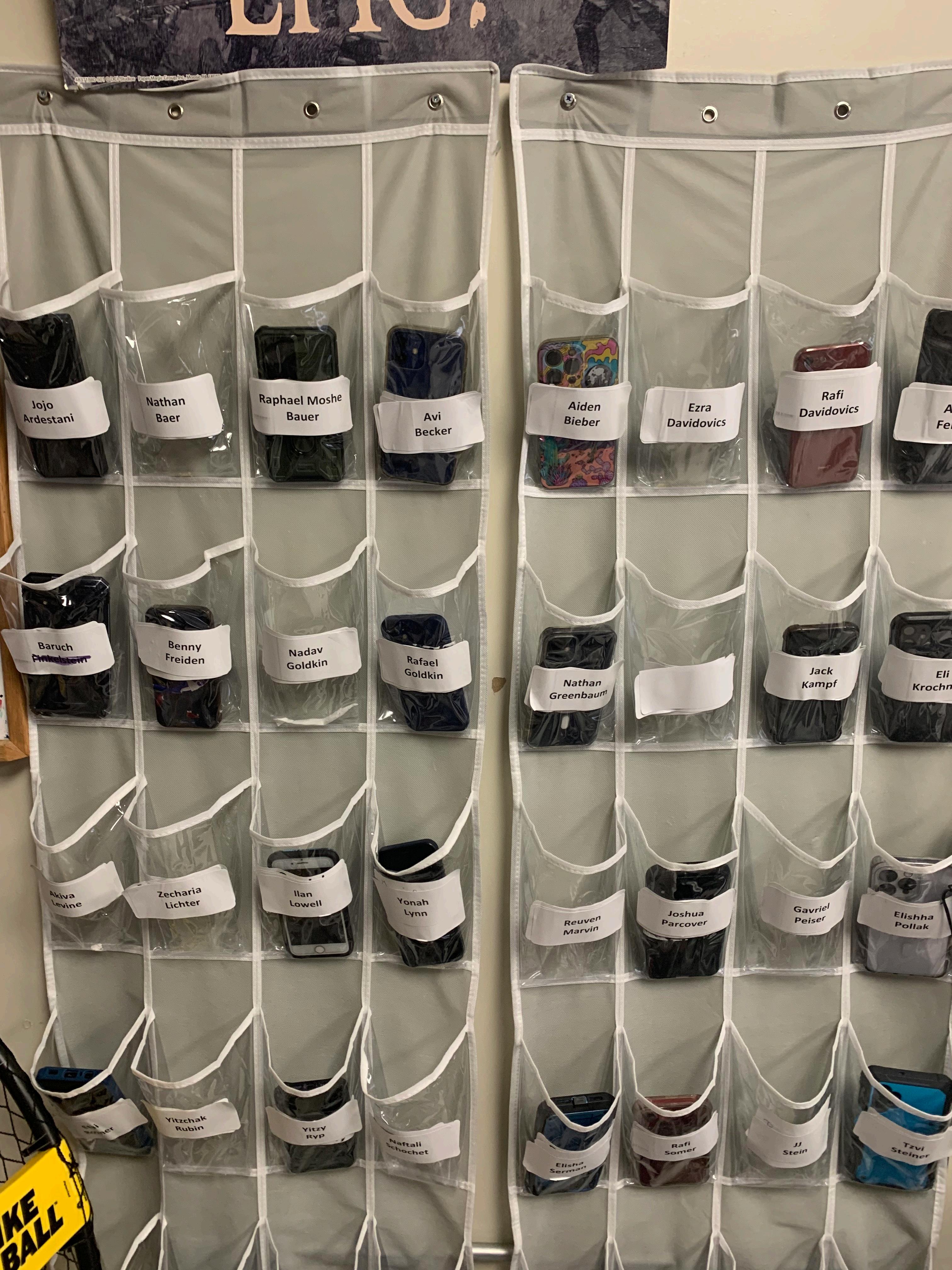
In recent weeks the CYHSB faculty has reconsidered the cellphone’s place in the high school. Sources: flickrreviews.com
learning a lot slower, the opposite effect the admin was trying to achieve with the new phone policy.
Some think that the whole policy is futile because nowadays kids can do anything on their laptops that they can do on their phones such as text, watch videos and play games. Because of this, post-policy Cooper has seen a rise in laptop usage which might result in backlash from the administration.
According to Doctor Daniel Hollander, a psychologist currently working in Brooklyn, “When teenagers have been on their phones the whole day, their brain is satiated by knowledge or content from different apps. Whereas on days when they have no access to their phones, their brains need to be filled with something. This causes kids to be very animated and hyper.” There
On the other hand, to some people's surprise, the other side of this argument actually exists in a school of teenage boys. This fragment of bachurim think that the new policy was well thought out and will improve learning and socializing. With students on their phones less, they will pay more attention during class which will result in better grades.There are also adults on this side of the argument. In fact, the majority of adults within the school support the policy fully. iiiiiRabbi Nissan had some encouraging words when asked his opinion on the topic. “I think the new phone policy is a tremendous achievement for all the students. It's a hard challenge but it gives every one of us the chance to gain a little space from our devices which invade far too much of our lives already. To take a stance on something the world calls normal is tough but that's what makes it great.”
Although many have been swayed to one side or another, a whopping 70 percent of the boys are largely against this whole policy. With such a large opposition, it is unclear sure how long the teachers will be able to keep the rules without the peace breaking.
Volume 17, Issue 5 January 13, 2023 CYHSB Weekly 2
Phone Policy Graph

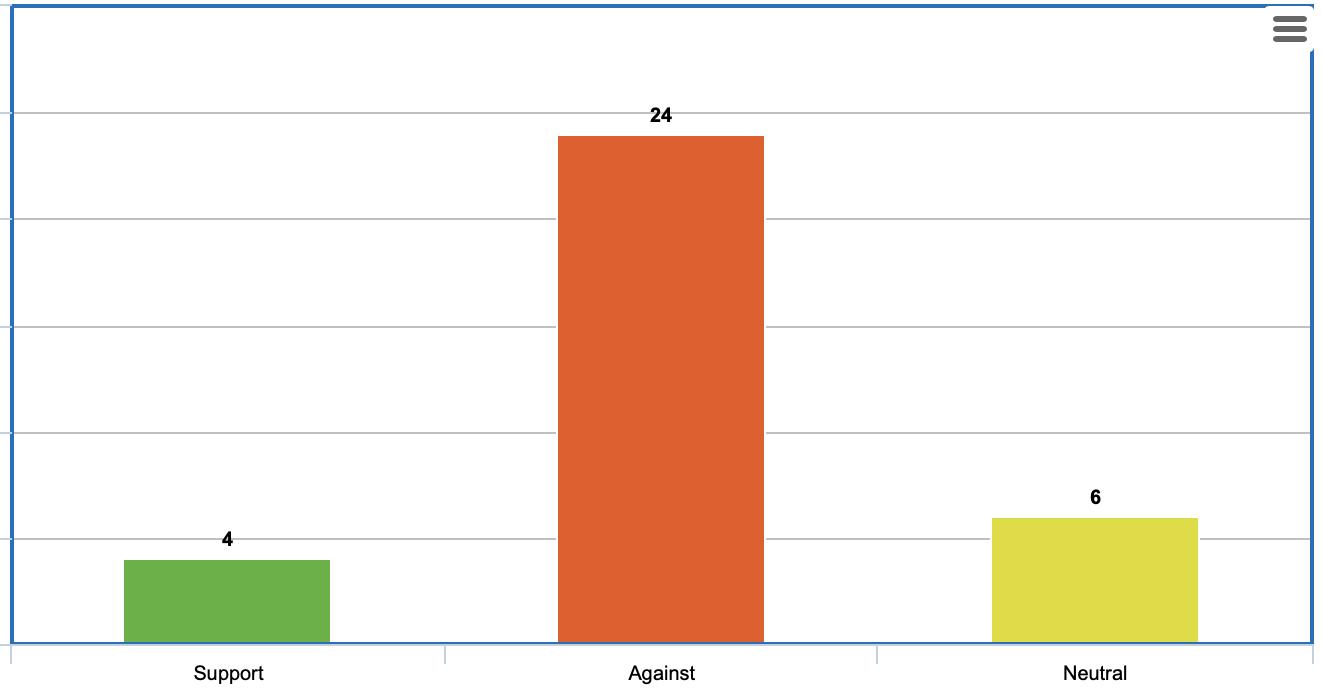
Volume 17, Issue 5 January 13, 2023 CYHSB Weekly 3
Cooper Clicks



In a shocking basketball blunder, DR Wogan attempts to score a point by putting the ball through the bottom of the hoop, Photo: J.J. Stein.
Students enjoy their last moments of cellphone use before the start of the CYHSB Dark Age. Photo: Ezra Wiener
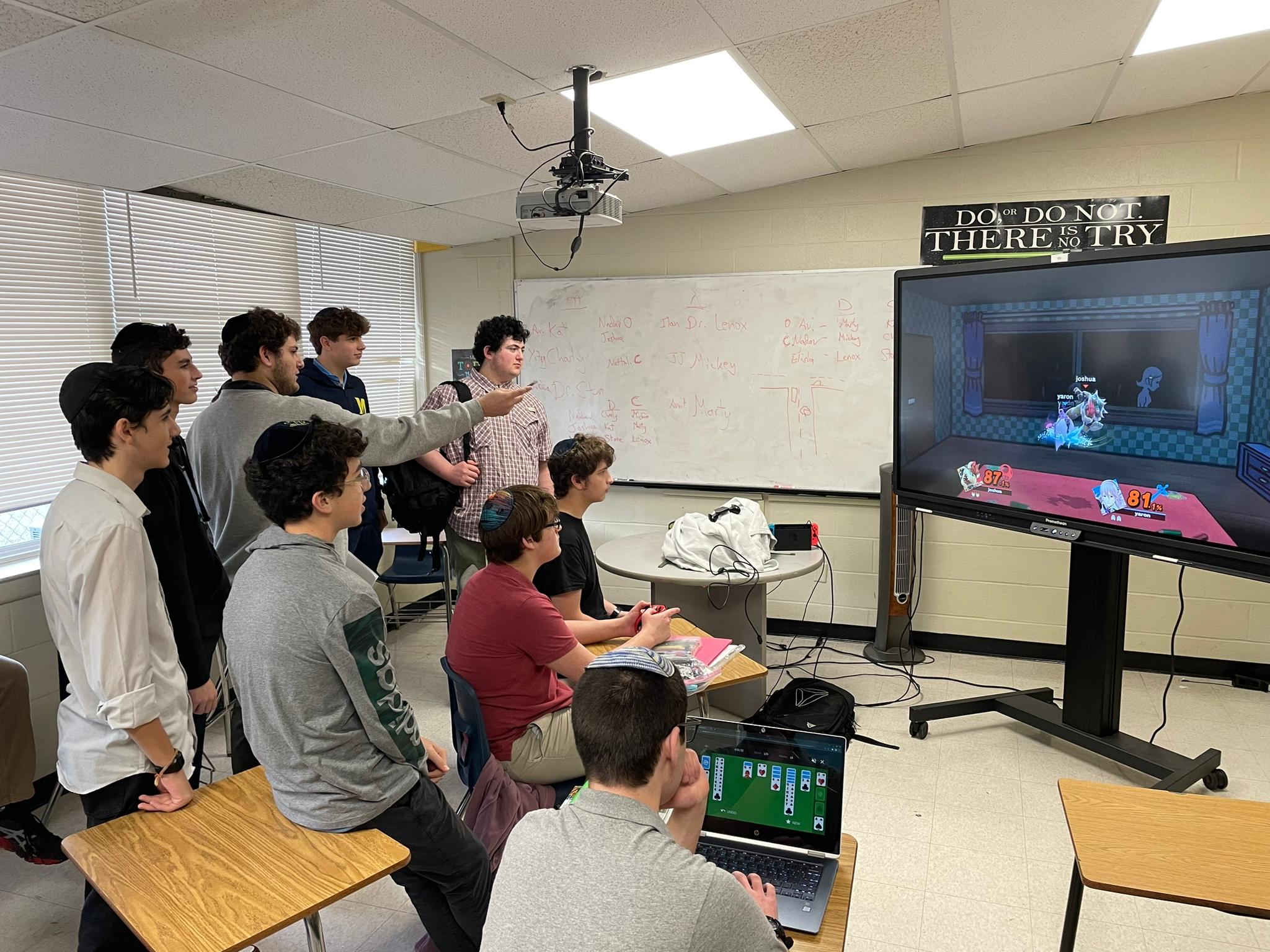
In an effort to show off his technical skills to his shiur, Rabbi Safier expertly hacks into Masechta Bava Kama.

Volume 17, Issue 5 January 13, 2023 CYHSB Weekly 4
Students are getting more creative with finding ways to spend time without their phones. Photo: J.J. Stein
Photo: Ezra Wiener
ChatGPT and the Rise of Advanced Artificial Intelligence
Baruch Finkleman (’25)
ChatGPT is a new large language model trained by OpenAI. It is a computer program designed to assist users with a variety of tasks, such as answering questions and providing information on a wide range of topics. ChatGPT has been trained on a dataset of billions of words and can generate responses to user input in a manner that is similar to how a human would respond. It is able to understand and generate text in a wide range of languages and can respond to user input in a natural and conversational manner.
Last Week’s Solution
The above paragraph seems like the beginning to a dystopian novel about how robots take over the world, and not at all realistic. But, believe it or not that paragraph was actually written by the AI itself. But what is an AI? AI stands for artificial intelligence, which is the creation of computer programs that can carry out tasks that would normally require humans. These include: language translation, visual perception, and decision making.
So how does it work? How can an artificial intelligence so easily recreate human speech and how does it know everything it knows? Well, as it says in the first paragraph, they are trained mostly on datasets, which are lists. In the case of ChatGPT, it was given lists of billions of words and their definitions and how to use them. Then, being a computer, it
Advanced AI’s like ChatGPT create new challenges for teachers. Source: commons.wikimedia.org
memorized them all. At this point, the AI would be able to construct sentences, but it doesn't actually know anything. So they gave it access to the internet and a set of guidelines; being a computer, it was able to go through this information at absolutely inhuman speeds. However, this process still took six years. After that, the creators had a robot with all the information in the world and no restrictions. This could cause some problems because it could in theory start telling people how to make bombs and hot wire cars. The fix for this was pretty simple; they trained it to decline answering illegal questions and to always follow a sort of “moral compass.”
So now that we know what ChatGPT is and how it works, how does this affect us as either students, teachers, or just people trying to get things written? ChatGPT makes writing anything a
lot faster and cuts the research time down to seconds as opposed to a possible multiple hours.
Work made with ChatGPT will also most likely be a lot more accurate and well written than most people can write on their own; so, not only will you spend significantly less time writing it, but it will also be much better written.
iiiSo, what are the downsides to using ChatGPT instead of writing essays yourself? In the case of being a student, you would probably get 100’s on all of your assignments, but you wouldn't actually learn any of the skills that come along with writing things yourself. You wouldn't know how to research, structure, or write anything, so if you were ever put in a situation where you couldn't use ChatGPT, you wouldn't be able to write anything at all.
On the other hand, Chat GPT, could also be a helpful tool for teachers, as it is an endless well of helpful information, even capable of writing lesson plans. This can be especially helpful for newer teachers, or teachers teaching a certain subject for the first time.
ChatGPT is an extremely useful tool that can help speed up the process of many monotonous and/ or time consuming tasks. Despite its making writing and research easier, it is still extremely important to learn how to use those skills yourself and not become entirely reliant on AI in the case that it somehow fails.

Volume 17, Issue 5 January 13, 2023 CYHSB Weekly 5
Parshas Shemos: Being Grounded in Your Principles

Avi Becker (’24)
The start of a new Sefer. The start of a new story. Oftentimes we begin a new chapter of our lives, unaware of how to take on these new challenges, we stumble through every encounter. And each new stumble brings new challenges, and the cycle repeats. We attempt to compensate for our lack of productivity by doing more than we can handle and we fall apart.
The Jews arriving in Egypt represent this. We came to be given a prosperous land, but overtime the resources of the land dwindled and our land was left poor and desolate. Yet, someone came: Moshe. Someone who was sent by G-d to bring us out of this pain and suffering that we had brought ourselves into.
Last Week’s Solution

The question is whether we can become the Moshe of our own lives? Can we redeem ourselves from this pain we put ourselves in? When we take on too much, can we bring ourselves out into peace?
Every morning Jacob would take a jog around his neighborhood park, and every morning he would see an old man on a bench, his hands at work yet blocked by the shrubs that lay between him and Jacob.
One morning Jacob’s curiosity got the best of him and he ventured beyond his normal path to see what this man was doing. What he saw
was surprising. He was building a little wooden toy, with his wood shavers on one side and a cloth on
the other. Weaving intricate wooden pieces, interlocking until they created a functioning toy. A pile of about a dozen of them sat at his feet. An old cardboard sign lay on the other side of the pile reading “toys for sale, 50c a piece.”
Jacob again worked up the courage to talk to this man and ask him what compelled him to create these wooden pieces. The man told him the story of his childhood.
The son of a brilliant innovator, this man grew up wealthy and with a large inheritance ready for him when his father would inevitably pass. He had worked for his father,
making small wooden parts for his large company in exchange for a small wage as a child. As the boy gained more money he got himself his own job as an entrepreneur of a small wooden toys shop using his skills from his father. The shop grew bigger and bigger and he became more and more wealthy. Yet he spent this wealth on frivolous things and he sadly lost his fortune to a dumb bet in a casino. With nothing but a couple wooden pieces and his tool left, on the side of the street, he began to tinker. Using that cardboard sign and his little wood, he began to sell toys again. As he gained more money, he got enough to restart his old business and grow wealthy again. “Yet every morning” the man continued “before I go to work, I stop at this park with this cardboard sign and these tools, to remind myself of my roots and to make sure I don’t make the same mistakes again”
The man from this story doesn’t exist. Yet he can exist within each and every one of us. We rise and we fall. But if we remember our roots, if we can be grounded in our principles and take on the challenges that life throws at us. If we can rise out of the ditches that we fall in, we can rise once again. Just do your best and Hashem will do the rest.
Volume 17, Issue 5 January 13, 2023 CYHSB Weekly 6
Parshas Shemos teaches us the value of taking control of your life. Source: chabad.org
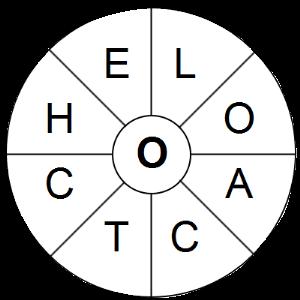
Volume 17, Issue 5 January 13, 2023 CYHSB Weekly 7 Weekly Puzzle: Word Wheel There will be a different puzzle each week, so stay tuned! First person to send in a completed puzzle to ezra.wiener@mhafyos.org gets a prize! Find as many words in the wheel as you can. Any word you find must include the central letter. Most words wins!
Sponsor an Issue
A sponsorship es una excelente manera de honrar la memoria de un ser querido, celebrar un logro o simplemente mostrar agradecimiento al CYHSB Weekly. Llegamos a cientos de personas cada semana y ayudamos a publicar su anuncio por solo $20.
CYHSB Weekly Staff
Editor-in-Chief
Ezra Wiener | ezra.wiener@mhafyos.org
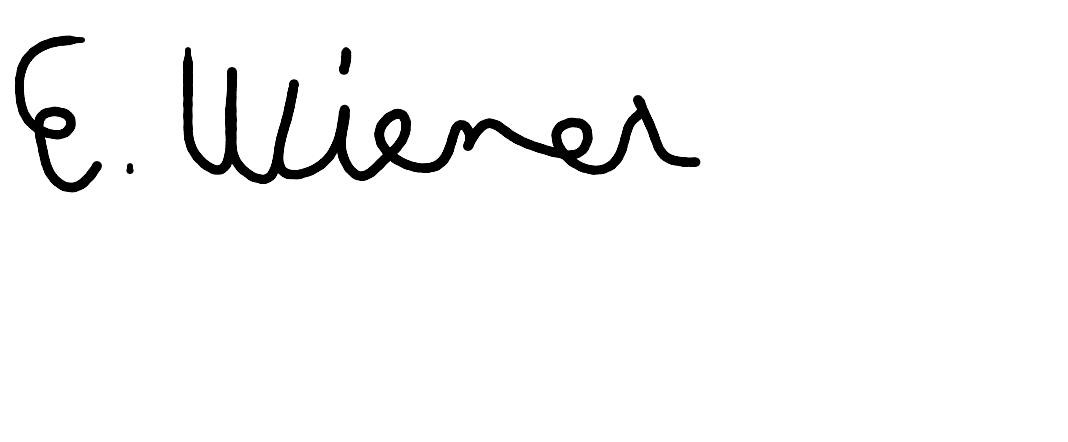
Layout Editor
Ezra Davidovics | ezra.davidovics@mhafyos.org
Editors
Ethan VanderWalde | ethan.vanderwalde@mhafyos.org
Nathan Greenbaum | nathan.greenbaum@mhafyos.org
Raanan Vanderwalde | raanan.vanderwalde@mhafyos.org
Complaint Manager
J.J. Stein | jacob.stein@mhafyos.org
CYHSB Weekly Staff
Akiva Levine | akiva.levine@mhafyos.org
Amit Zalman | amit.zalman@mhafyos.org
Avi Becker | avi.becker@mhafyos.org
Baruch Finkleman | baruch.finkleman@mhafyos.org
Rafi Davidovics | rafael.davidovics@mhafyos.org
Joshua Parcover | joshua.parcover@mhafyos.org
Yaron Weiss | yaron.weiss@mhafyos.org
Benny Freiden | benny.freiden@mhafyos.org
Rafi Goldkin | rafael.goldkin@mhafyos.org
Yosef VanderWalde | yosef.vanderwalde@mhafyos.org
Nadav Lowell | nadav.lowell@mhafyos.org
Jojo Ardestani | jonathan.ardestani@mhafyos.org
Yonah Lynn | yonah.lynn@mhafyos.org
Administrative Advisors
Mrs.
From the Editor
What better way to start 2023 than with a brand new issue of the CYHSB Weekly?
As technology progresses, it continues to change the way we view school. Some of the technological progressions have the potential to improve education, but some may be more harmful than good. Hopefully as the years go on and technology continues to improve we will be able to use it in the best ways possible.
Volume 17, Issue 5 January 13, 2023 CYHSB Weekly 8
Ashley Brown Rabbi Dov Rossman
 Cooper Yeshiva High School for Boys
Cooper Yeshiva High School for Boys


















